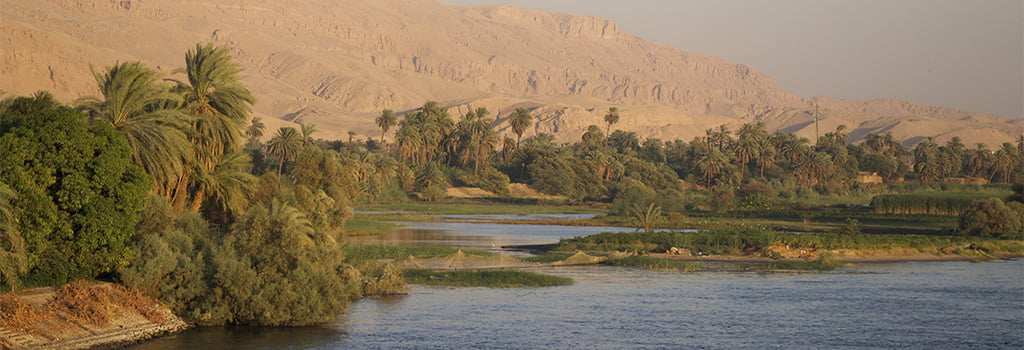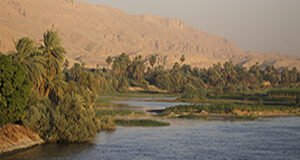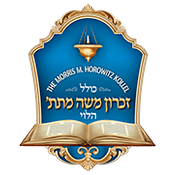Parshas Mikeitz 1


״ויה׳ מקץ שנתים ימים ופרעה חלם והנה עמד על היאור״ בראשית מא:א
“And it was at the end of two years and Pharaoh dreamt and behold he was standing upon the river” Bereishis 41:1
The Medrash states ״אמר ר׳ יוחנן הרשעים מתקיימין על אלוהיהם״ – “Rabbi Yochanan taught, the wicked ones stand upon their gods.” The Medrash learns this concept out from the fact that Pharaoh stood on top of the Nile River in his dream. On the other hand, we find that with regard to Tzaddikim – righteous ones, Hashem stands over them, as the pasuk states by Yaakov Avinu and his dream about the סולם (Jacob’s ladder ״והנה ד׳ נצב עליו״ (בלעז – “And behold Hashem was standing over him.”
R’ Simcha Wasserman explains that the way of idol-worshippers of old (there is no reason to assume differently of those worshippers of modern day idols), was to seek out something or someone who had the power to benefit them. The ancient Egyptians for example, worshipped the Nile River, for their entire economy was based off of its’ waters. Since the river fulfilled their needs, they transformed it into one of their numerous deities. This is one way to understand the words of the Medrash that “the wicked stand upon their gods.” All that they want from their gods is for their needs to be fulfilled while they delude themselves into thinking that they ultimately remain in control of their surroundings. Tzaddikim, by non-comparison, understand that Hashem “stands” above them and that the purpose of their lives is to do His bidding לשם שמים.
Wanton sinners, idol-worshippers and even regular people who might just not put enough thought into their everyday actions are all showing that to a varying extent, they don’t care about who is actually running the world. They only care about who can supply and afford them their wants and needs. This is why they have created so many different “gods”, a different one for each pleasure. They will never admit to a G-d who is their Creator for then they must be subservient to Him.
The Gemara in Shabbos famously asks, ״מאי חנוכה?״ – “What Chanukah?” The commentators bring multiple explanations as to what is the question exactly. Looking back at the last eight days, perhaps we can explain that the Talmud is asking us, “What did you do with your Chanukah?” Did you utilize its’ potential for inspiration properly? The Ancient Greeks had a god for everything. They probably even had a “god of presents.” We have always had and will always have only one Hashem. He doesn’t exist to serve us; we exist to serve Him. The Pharaohs of old and the legions of Greek gods have all come to their demise. We are still here. Moving forward, we can use our Chanukah inspiration to continue serving Hashem with a new excitement, to internalize the light of the candles and use it to keep our נשמות burning bright through the winter.
Moshe Rothenberg / MMHK
